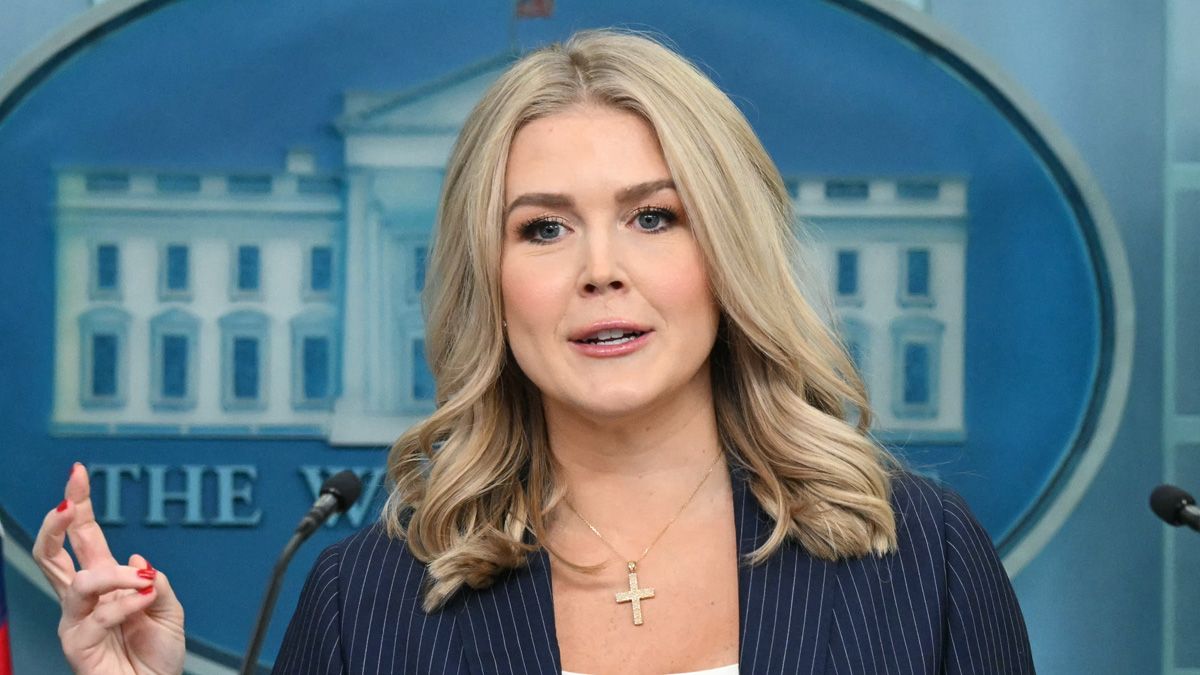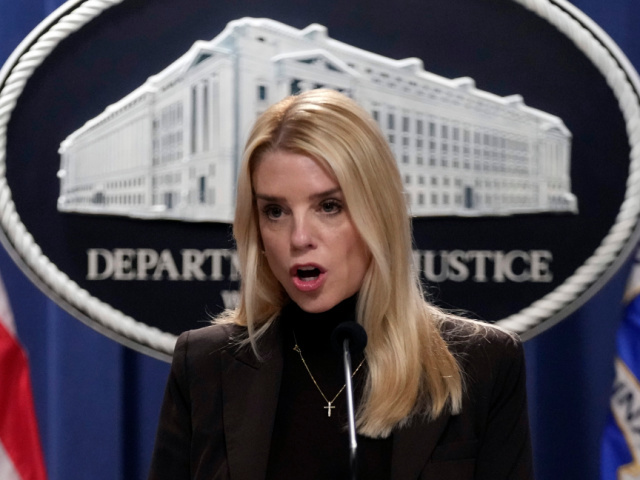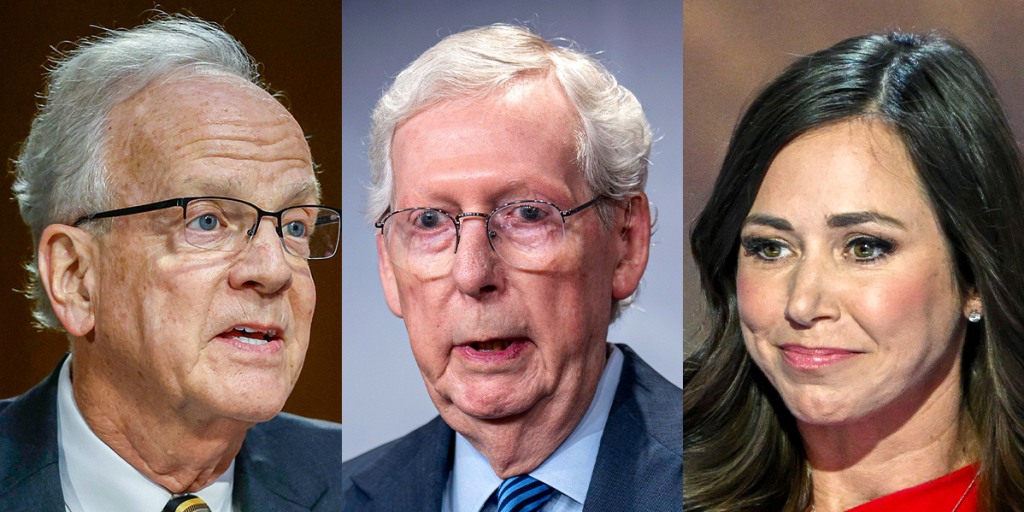Democrats and Constitutional Authority in Disputed Legal Interpretations

Democrats display inconsistent principles concerning constitutional authority, as past presidents have defied court rulings without backlash. The article discusses the ongoing tension between executive power and judiciary oversight, particularly seen in Trump's actions.
Democrats, known for their consistent support for democracy, exhibit a flexible understanding of whose view governs in disputes involving Congress, the courts, the president, and the states. Their stance appears influenced by alignment rather than fixed principles.
During Joe Biden's presidency, he openly disregarded Supreme Court rulings, boasting about his defiance. Despite clear court directives against forgiving student loans, he persisted, stating, "The Supreme Court blocked it, but that didn't stop me," facing no backlash from his party.
Under Barack Obama, federal control over immigration reigned. Arizona was reportedly forbidden from enforcing federal law as the president opted not to follow it, leading Democrats to invoke the supremacy clause and label Arizona's stance as oppressive.
Eventually, the Supreme Court validated Arizona's so-called "Papers Please" law, and the previous outcry from Democrats faded as they returned to issuing authoritative statements.
Conversely, when Trump adhered to federal law while enacting what critics dubbed "the Muslim ban," lower courts and his acting attorney general contended their interpretations should override his executive decisions. Yet, the Supreme Court later backed Trump's actions, confirming that federal law permits presidential discretion in excluding individuals deemed detrimental to national interests.
This cycle has resurfaced with the Constitution vesting exclusive executive power in the president, tasked with seeing laws faithfully executed. His interpretation of laws in this context should not be subordinate to judicial interpretation.
The judicial branch's function is to resolve disputes rather than define laws, as interpretation acts as the means to dispute resolution, rather than the core function.
Furthermore, it's noteworthy that lower court judges' decisions against Trump face frequent overturns from the Supreme Court, implying a bias toward personal policy preferences rather than strict legal interpretation. Such a pattern bolsters the argument for prioritizing Trump's legal reading.
Complaints from liberals over Trump's critiques of government spending are particularly pointed, especially regarding Elon Musk's involvement, noted for being "unelected." Yet, federal judges also hold unelected positions.
In enacting the law, Trump views agencies like USAID as straying from their core missions, spending taxpayer funds on projects like studying HIV transmission among sex workers in South Africa. His campaign promised to curtail progressive initiatives, which he associates with excessive spending.
The notion that the Supreme Court could eliminate exclusively presidential powers appears ridiculous, particularly when a district court judge attempts to oversee Trump's decisions regarding internally appointed personnel who misuse taxpayer funding to counter the law's intentions.
This raises questions: if judicial authority can veto presidential personnel decisions, could judges nullify congressional bills or treaties? Perhaps all district court judges could address the nation in their own State of the Union addresses next January?
The press’s anxiety over Trump potentially dismissing district court directions is clear, as it contradicts the traditional expectation of presidential deference to judiciary decisions. Observers suggest Trump, guided by the will of his voters, should adhere to the Constitution while disregarding errant judicial opinions.




















